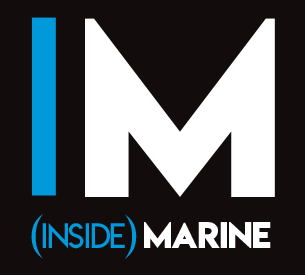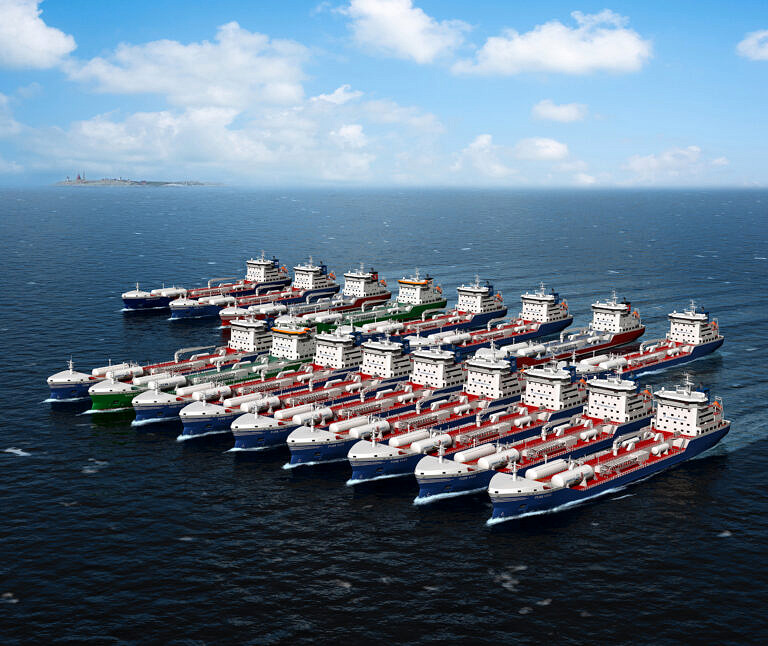Swedish Furetank AB and Canadian Algoma Central Corporation have entered into a joint venture agreement to construct eight LNG/LBG-fuelled ice class 1A chemical & product tankers (17,999 DTW) to trade in Northern Europe.
The joint-venture company, FureBear, is now placing a significant order with the pump specialist Svanehøj, which will supply a scope of 14 electric deep well cargo pumps for the first seven of the eight tankers. The total order thus amounts to 98 pumps for delivery at China Merchants Jinling Shipyard in Yangzhou, where the new vessels will be built between 2023 and 2025.
For Svanehøj, this significant order ensures a successful ending to a remarkable 2022 in which Svanehøj Danmark has made substantial progress on several parameters. The revenue reaches an all-time high due to a growth of around 70%, while at the same time, Svanehøj maintains an exceptionally high order intake of more than DKK 700 million (USD 100 million). During the year, the staff has grown from 180 employees to over 290.
The FureBear vessels are built according to the same design as the tankers in Furetank’s Vinga series, which has achieved the best EEDI score in its segment worldwide so far. The Vinga design is developed by Furetank and was developed in close collaboration with FKAB Marine Design and several onboard system suppliers, including Svanehøj.
By installing Svanehøj’s electric DL pump system, Furetank has reduced fuel consumption during cargo discharge operations by around 25% compared to other vessels in the fleet. The Vinga vessels are fully equipped to operate the cargo pumps with 6.6 kV high voltage shore power. This will reduce emissions even further as soon as ports offer shore power facilities. In addition, electric cargo pumps help to reduce noise on board and in the port area. Furetank’s decibel measurements show that the audible sound onboard the Vinga series vessels are reduced by 73-85% during cargo operations compared to tankers of older designs.
“With the Vinga series, Furetank has developed a ship design that sets new standards for energy-efficient tankers,” said Lars Bo Kirkegaard, Sales Director of Energy. “For Svanehøj as a supplier, it is an excellent opportunity because our electric cargo pumps are among the solutions for a ship design that will be an inspiration to many of those who invest in newbuilds or retrofits in the coming years.”
Energy efficiency, including electrification on board, is one of the tools that shipping must bring into play to achieve its climate goals. A new report from the Maersk Mc-Kinney Møller Center for Zero Carbon Shipping, points out that energy efficiency will be a win for the climate here and now while at the same time reducing the need for carbon-neutral fuels in the future. The report states that if the global fleet improves its onboard energy performance by just 1% each year from 2023, it will save 24 million tons of fuel oil annually in 2030. This corresponds to 280,000 GWh. of electricity – or roughly the annual electricity consumption in Mexico.


